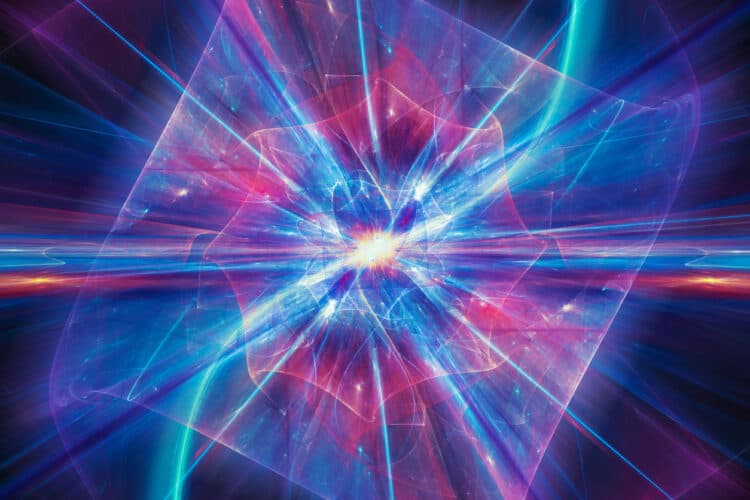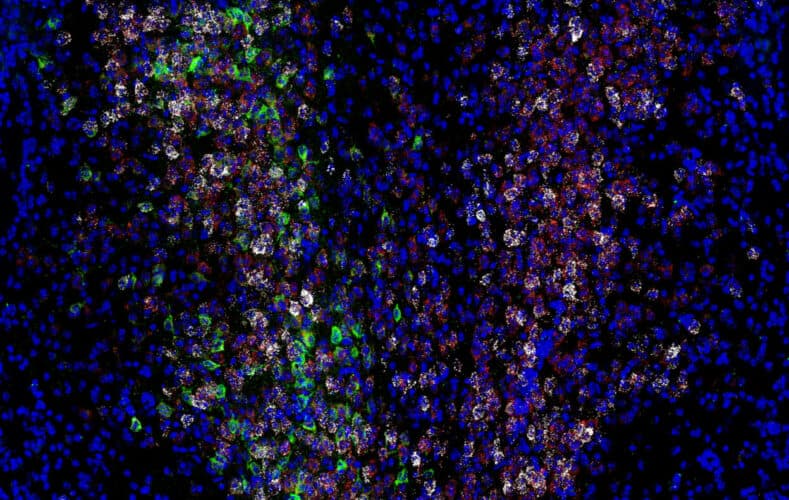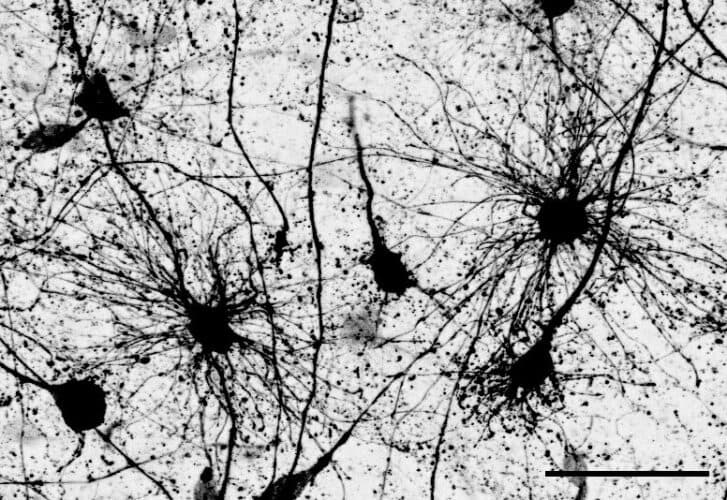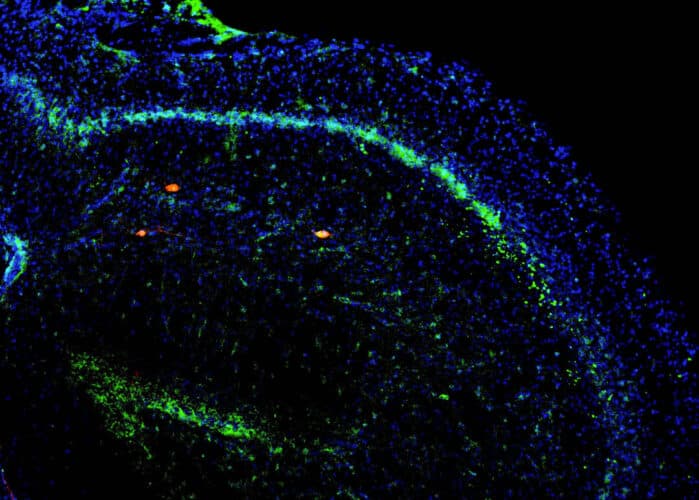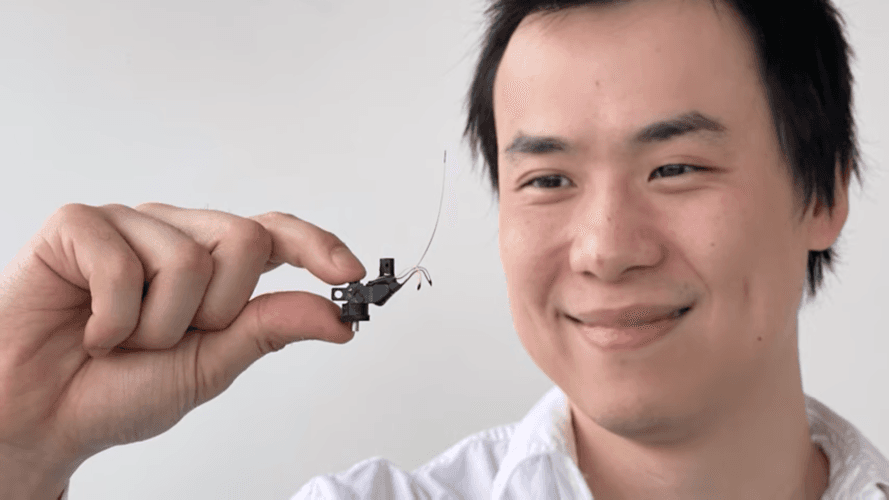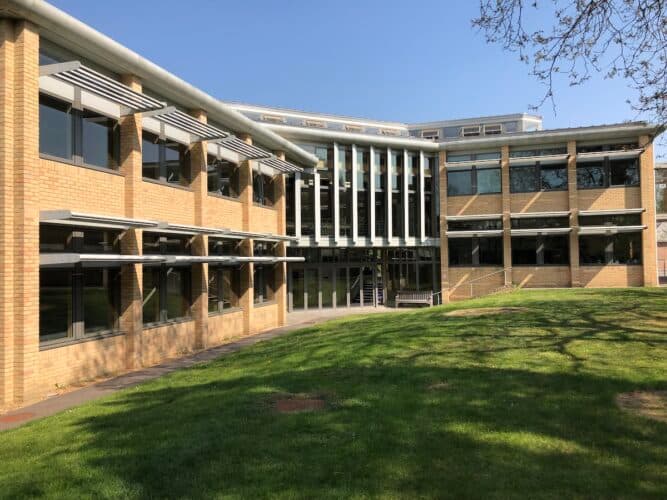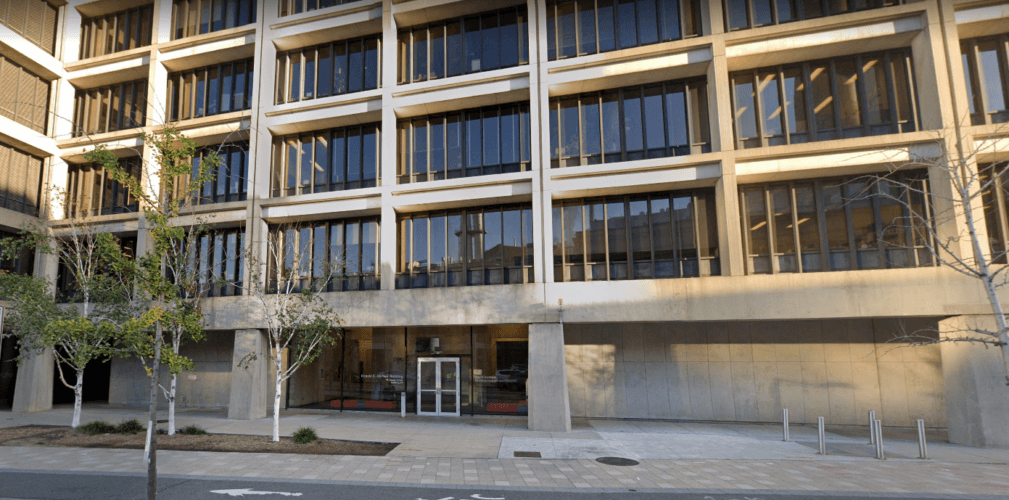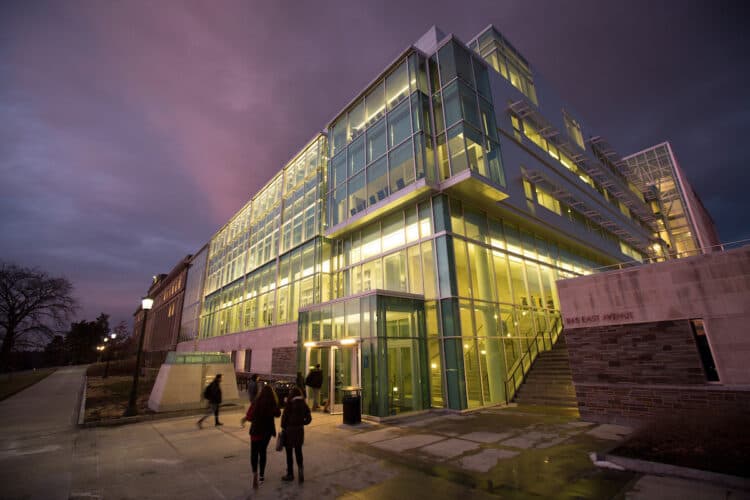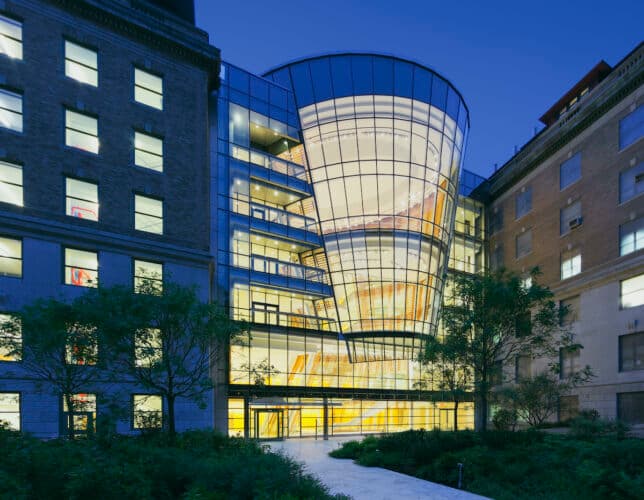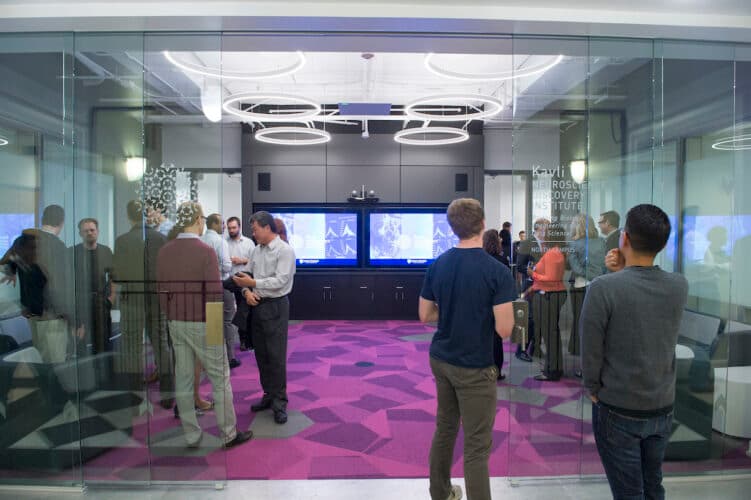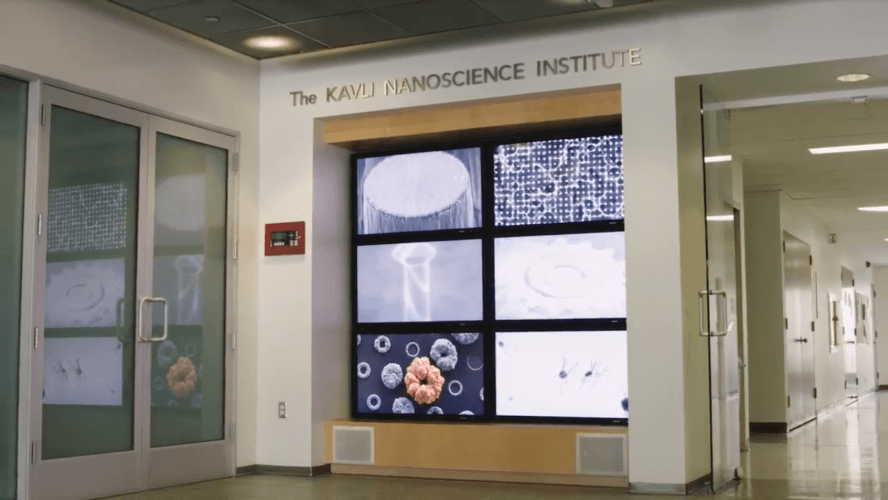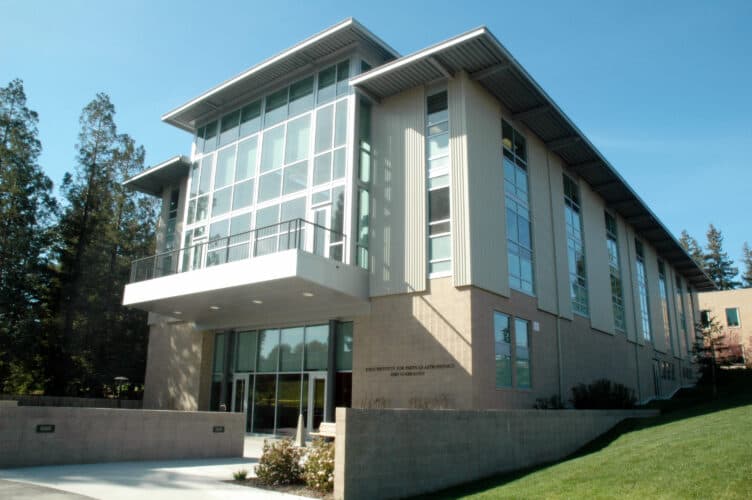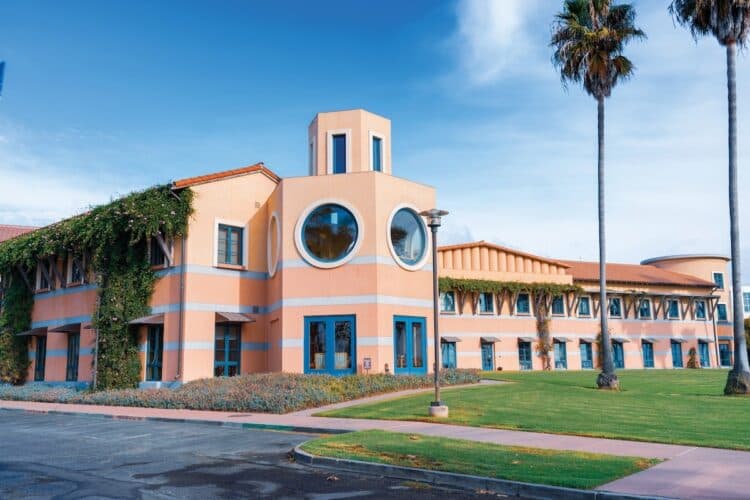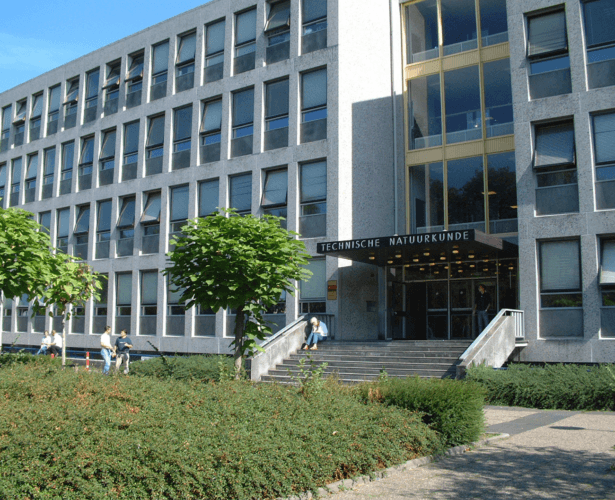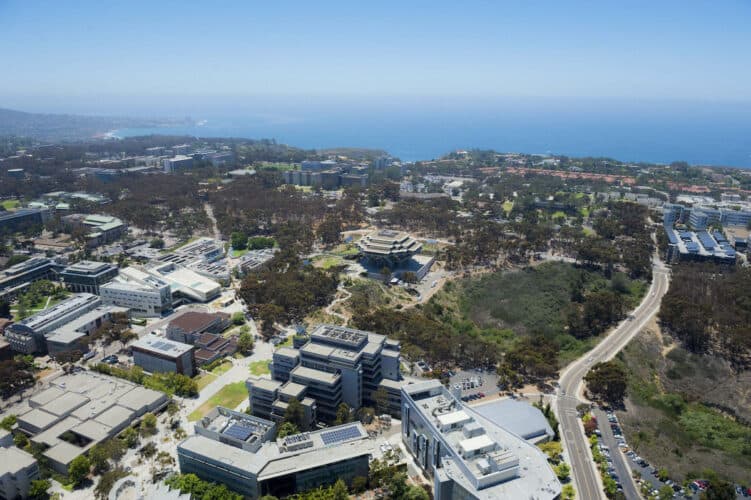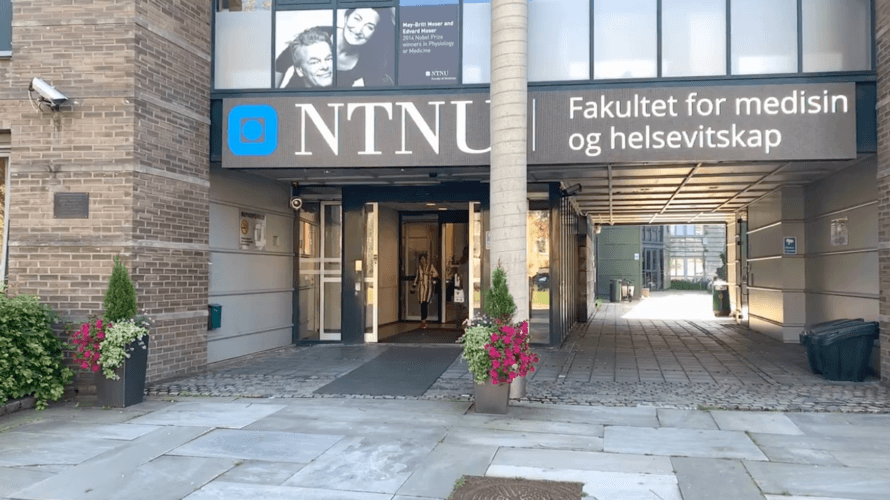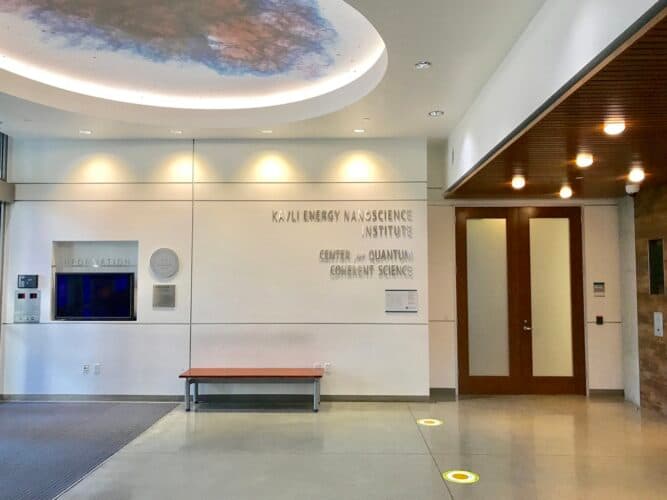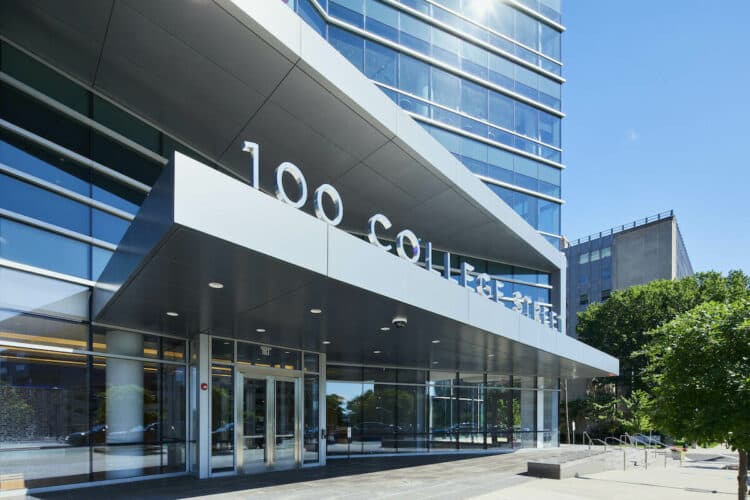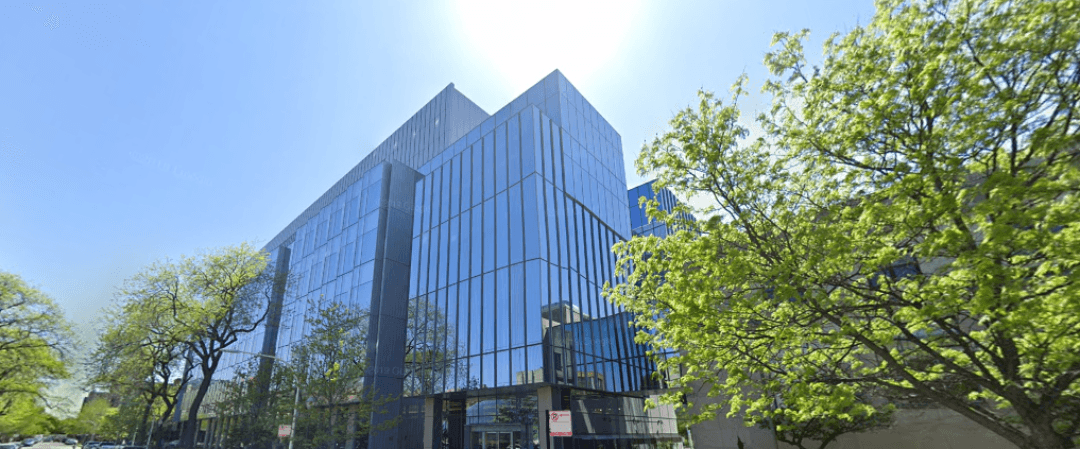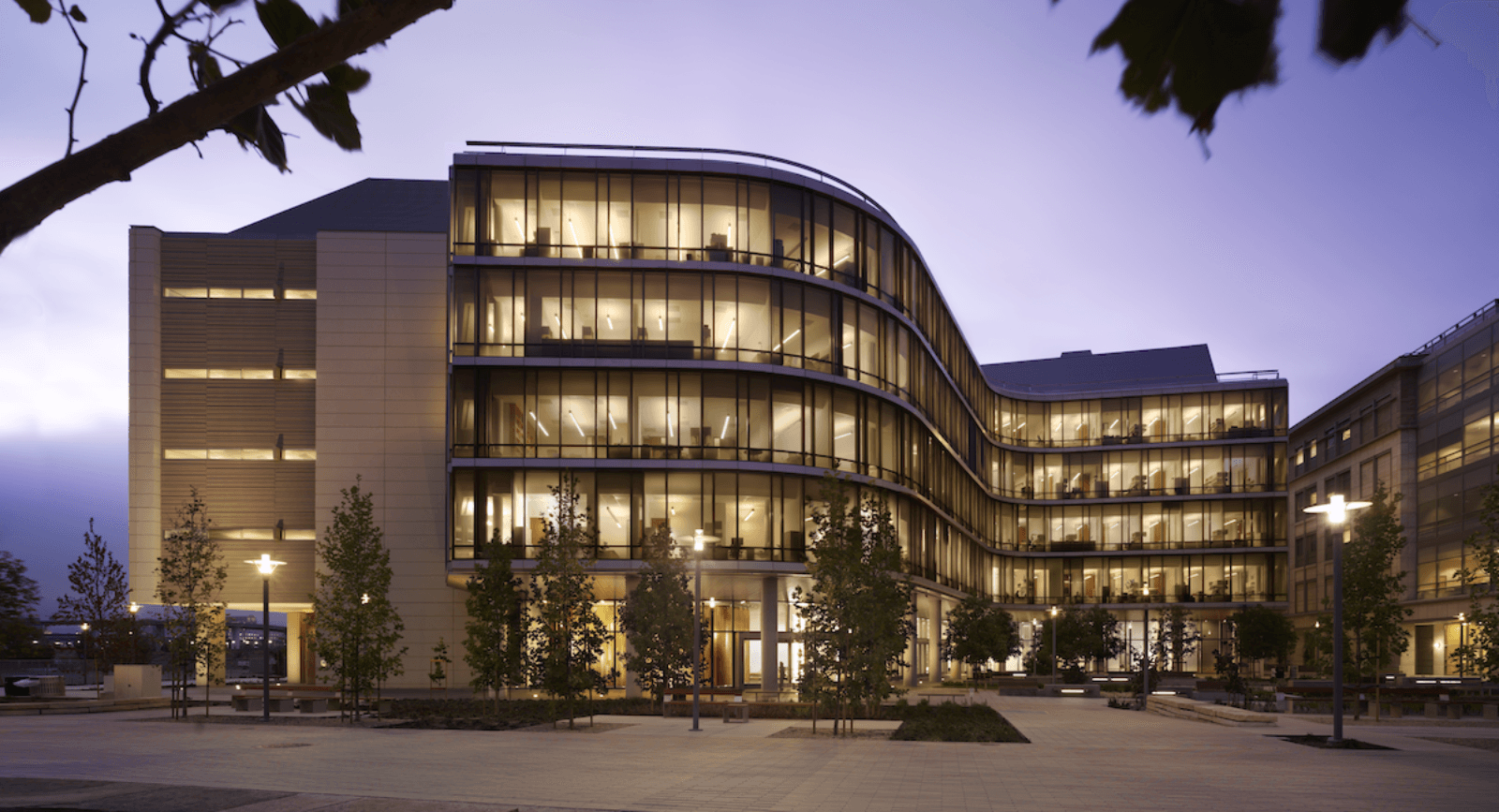
University of California, San FranciscoKavli Institute for Fundamental Neuroscience
Building cross-disciplinary teams of scientists and engineers to tackle the hardest problems in neuroscience
The Kavli IFN aims to push the boundaries of interdisciplinary research to make breakthrough discoveries. It has established direct linkages between neuroscientists at UCSF and engineers at Lawrence Livermore National Laboratory and Lawrence Berkeley National Laboratory to develop transformative brain research tools. Its neuroscientists also collaborate with the University of California Quantitative Biology Institute (QB3), where scientists use physics, mathematics, computer science and engineering to makes sense of complex biological systems.
FOUNDED 2015
AREAS OF INQUIRY
- NEUROPLASTICITY: Kavli IFN scientists investigate the brain’s extraordinary ability to change over time. How are plasticity and stability established? How is their balance maintained throughout our lifetime? And, importantly, how does that plasticity enable us to adapt our behavior?
- DEVELOPMENT: There are many different types of cells in the brain and broader nervous system, each with a distinct pattern of gene expression and a distinct connectivity to and interactions with other cell types. And there are likely many more yet to be discovered. How each of these cell types is specified and how they are all wired together remain central and unsolved problems in neuroscience.
- CIRCUITS: The cellular mechanisms of brain plasticity give rise to brain circuits that are also stable but adaptable. These circuits must retain the architecture that allows them to interpret and act on sensory information while simultaneously changing to store information about new experiences and to use that information to guide behavior. How circuits balance stability and plasticity and how different cellular processes contribute to circuit-level adaptability remains a central mystery.
Astrophysics Research Highlights
Remarkable basic research in astrophysics, theoretical physics, nanoscience, and neuroscience
Dec 19, 2022
Neuroscience Research Highlights
Research highlights from Kavli Neuroscience Institutes
Aug 04, 2022
Neuroscience Research Highlights
Research highlights from Kavli Neuroscience Institutes
Jul 27, 2022
Neuroscience Research Highlights
Research highlights from Kavli Neuroscience Institutes
Jun 28, 2022
Neuroscience Research Highlights
Research Highlights from Kavli Neuroscience Institutes
Apr 14, 2022
More Institutes
At Kavli Institutes around the world, scientists explore the frontiers of science in the fields of astrophysics, nanoscience, neuroscience and theoretical physics.
See all institutesAstrophysics
University of Cambridge
Massachusetts Institute of Technology
Cornell University
Neuroscience
Rockefeller University
Astrophysics
Peking University-Beijing
University of Tokyo
Neuroscience
Johns Hopkins University
Nanoscience
California Institute of Technology
Stanford University
Theoretical Physics
University of Chinese Academy of Sciences
Theoretical Physics
University of California, Santa Barbara
Nanoscience
Delft University of Technology, Netherlands
Neuroscience
University of California, San Diego, and the Salk Institute for Biological Studies
Neuroscience
Norwegian University of Science and Technology
Nanoscience
University of Oxford
Neuroscience
Columbia University
Nanoscience
University of California, Berkeley
Neuroscience
Yale University
Astrophysics
University of Chicago

